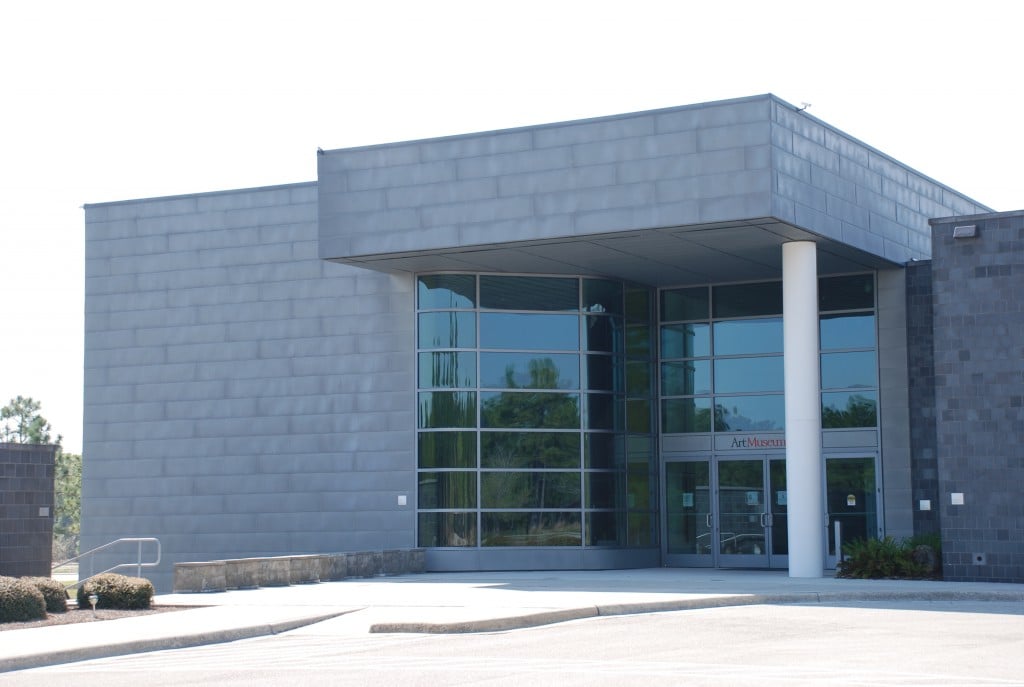How criminal justice reform bill could affect North Carolinians
NEW HANOVER COUNTY, NC (WWAY) — Thousands of people could soon be out of jail if a criminal justice reform bill is signed into law. The bill is called the first step act, and is supported by both democrats and republicans.
Tuesday night, the senate approved what is being called the most significant change to federal prison sentencing laws in a generation.
“This is a good day in America if this law is passed, and becomes the law of the land. Because we have already had that experiment here in North Carolina, and it’s an experiment that’s working,” said New Hanover and Pender County District Attorney Ben David.
David, who is used to prosecuting criminals, actually agrees with the new bill.
“About three years ago, many of us went to up to Washington, DC and met with some of the same senators and representatives who are at the very core of this bill now,” said David. “And I’m very proud of them for pushing this legislation through because this is not always a political talking point. But it’s not left versus right, it’s right versus wrong.”
The bill, called the First Act, was a bipartisan effort. President Trump was urged on by his son-in-law, Jared Kushner, who enlisted the help of democratic lawmakers, Kim Kardashian West, and CNN’s Van Jones.
Chief Public Defender for New Hanover County Jennifer Harjo says right now, drug traffickers for the cartel are viewed the same in the eyes of the court as low level dealers who are just trying to feed their own drug habit.
“Without knowing something about the background and history of an individual, a judge cannot appropriately meet out a sentence that addresses those issues,” said Harjo.
Harjo says the bill puts more focus on rehabilitation than incarceration for drug offenders.
It would allow prisoners to remain close to their families, and offer them better resources so they don’t become repeat offenders.
“At the same time that they reduce their sentence, they are learning ways and methods in which they can come out and be productive citizens and not get back into the system,” said Harjo.
David added that this will only affect federal prisoners, just 300,000 of the 2.5 million people currently incarcerated.
Still, he and Harjo both believe it’s a step in the right direction.





Leave a Reply